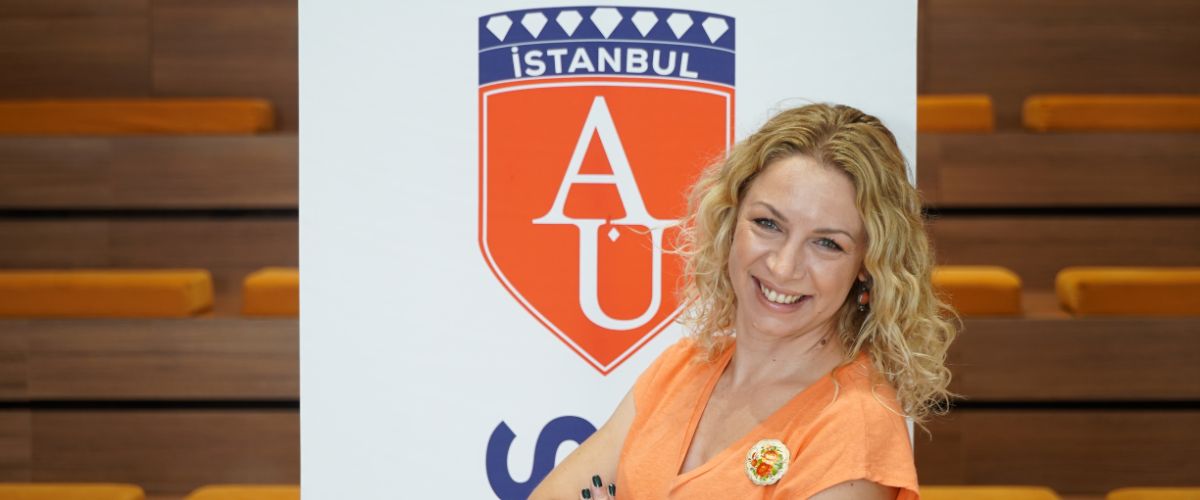Holiday Homework for Parents
Altınbaş University Economics, Administrative and Social Sciences Faculty Member Dr. Ayşegül Güner Algan made suggestions and warnings to parents for the summer vacation that children are looking forward to after a long period of education.
Summer vacation is not only a long period of rest and fun for children, but also a unique opportunity to learn new things and improve their skills. This time away from school offers a space where they can nurture their sense of curiosity, explore their interests and have different experiences without being overshadowed by lessons.
Altınbaş University Faculty of Economics, Administrative and Social Sciences, Department of Psychology Faculty Member Dr. Ayşegül Güner Algan also gave ideas on how children can spend their summer vacation in the best way, and made suggestions on enjoyable activities that families can do together with children and that will contribute to children's mental and physical development.
Dr. Ayşegül Güner Algan reminded that the main goal is for children to have fun and learn new things by making the best use of this holiday, and therefore, it is important to make plans by considering their interests and wishes.
Dr. Ayşegül Güner Algan pointed out that holidays are important for both resting and having fun, and that in some families, on the contrary, holidays cause anxiety due to report card grades. Algan said,
"While it should be beautiful, fun and motivating for the next year, it causes stress and anxiety in some families. This negatively affects all family relationships. Do not give your child a vacation where you force them to study by yelling or leave them in front of the screen."
Dr. Ayşegül Güner Algan reminded that the positive effects of vacation times should not be forgotten in learning processes and said that the quality time spent with children during the summer vacation has a positive effect on the new semester lessons. Stating that programs that include physical activities in nature will be of great benefit to both cognitive and emotional development, Algan made suggestions for families who want to spend time with their children.
Algan said that these activities can vary depending on the social and economic status of the family, such as taking a sea vacation, walking on the beach and collecting stones, or going to the village and taking care of chickens. Algan also emphasized the importance of activities that include mental relaxation and increase concentration and said, "As a family, you can read a book with light music, do a jigsaw puzzle, or participate in repair or handicraft activities. You can even do deep breathing exercises in front of a beautiful view. Social games such as board games, cards or charades will also entertain your child and strengthen your relationship. As long as you want to spend time with your child."
Pointing out that as children get older, they will want to spend time with their peers rather than their family, Algan also suggested that families should ensure that their children socialize with their friends for part of this holiday.
Algan also mentioned the drawbacks of punishments and threats against low grades and said, "The punishments given to children during the holidays depending on the grades in their report cards negatively affect their relationships with them rather than motivating them to study. In addition, a gift or a reward for a good report card at the beginning of the new semester is a much more valid method than punishment and threats."
According to Algan, the point that should not be forgotten is that the reward should not be given if the child does not reach the set goal. For this, Algan said, the capacity of the child must be taken into consideration when setting the goal.
Explaining the importance of parents meeting their children's emotional and physical needs, Algan said: "While our parents expect their children to be successful in their studies, they should not forget to give them the support they need. This support is not only creating a good working environment but also being there emotionally and physically when the child needs it. At this point, no matter how many additional lessons you have your child take from outside, if he/she does not feel you with him/her, you will not provide the necessary support."



